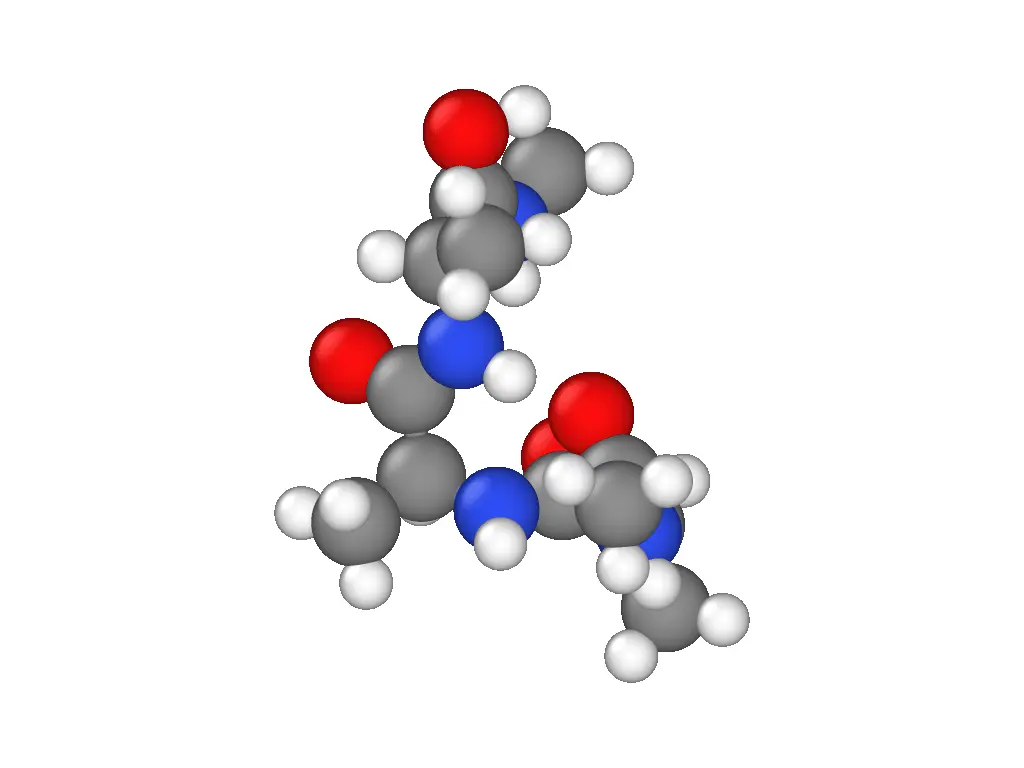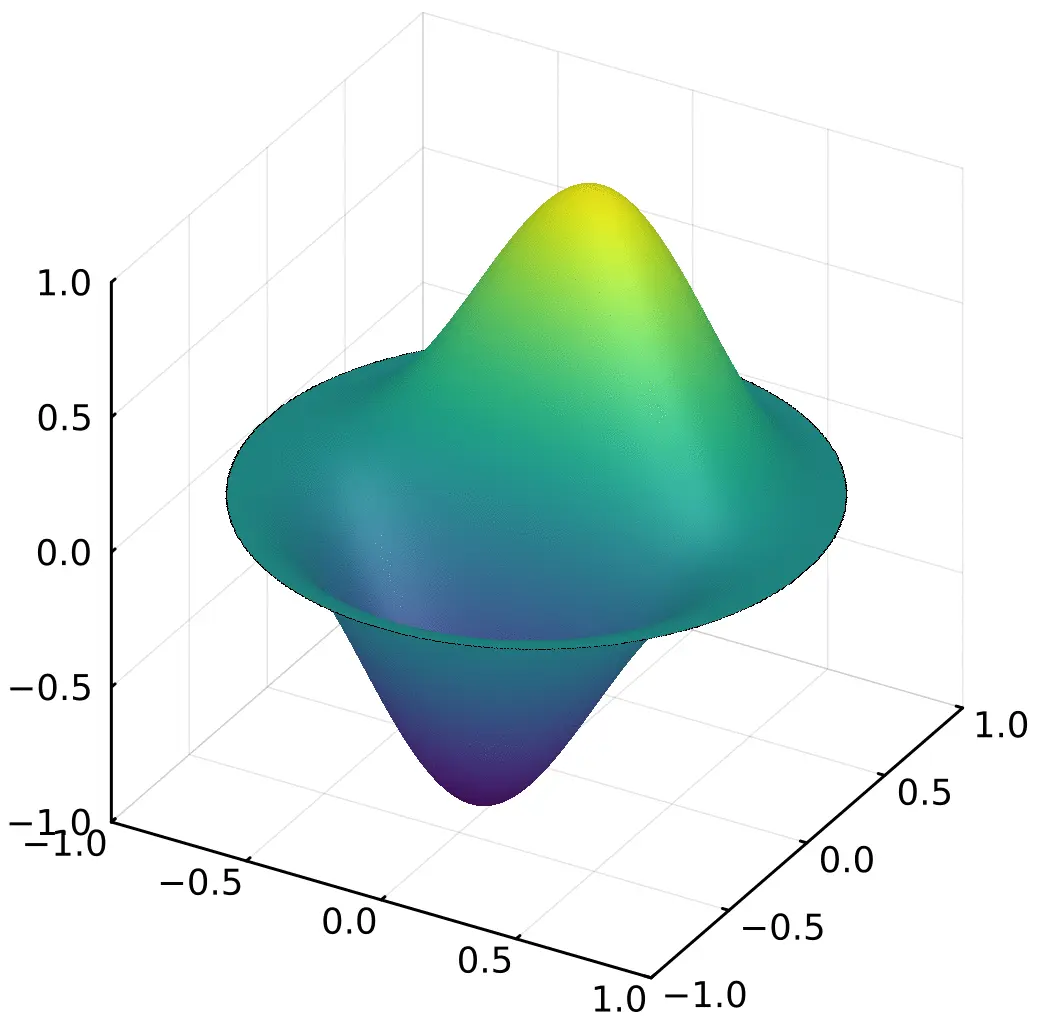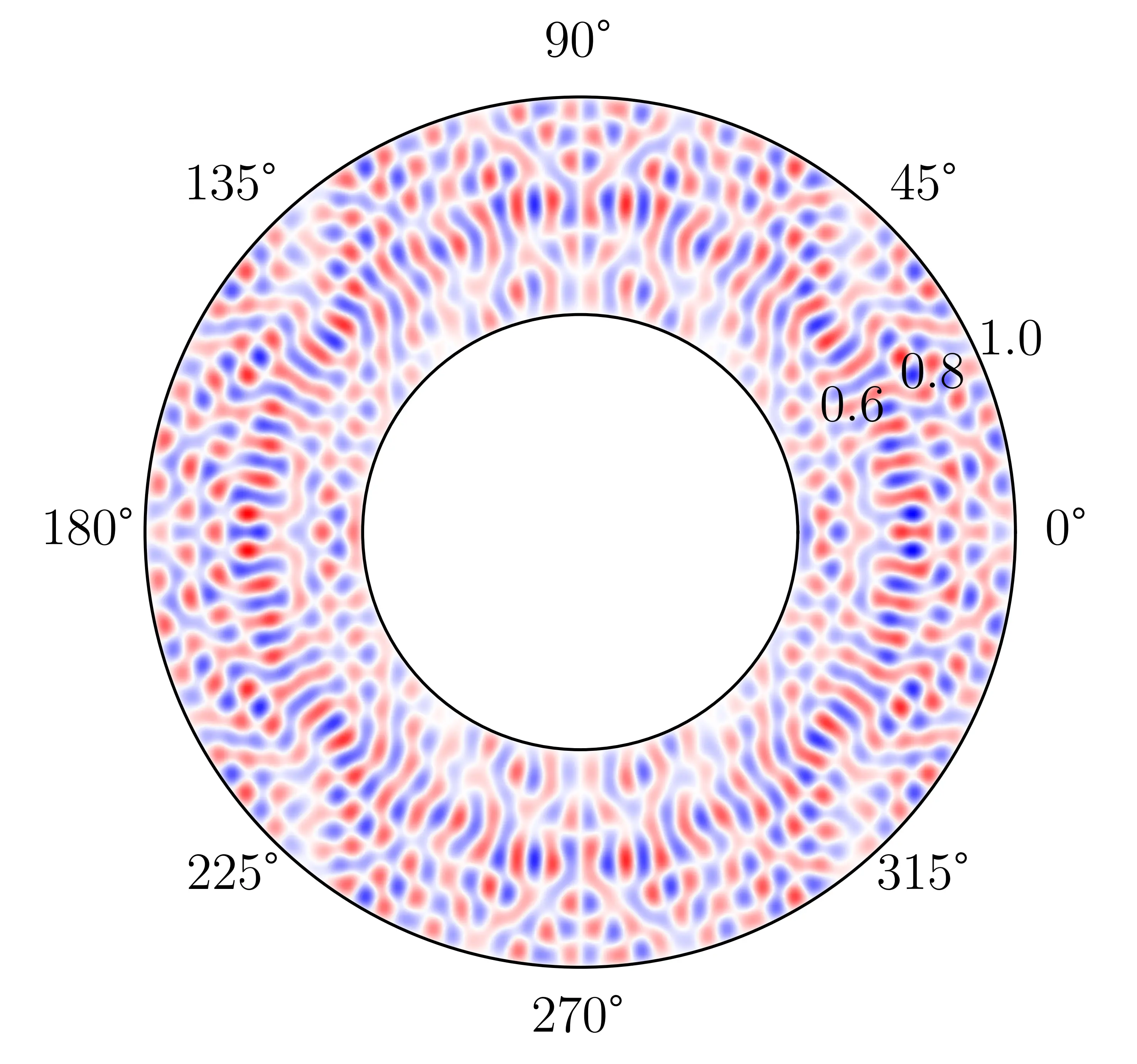
Machine learning conical intersections
Conical intersections play a crucial role in determining the dynamics of molecules and materials upon light excitation, molecular orbitals and material band structure. In the relevant context of high-dimensional non-smooth hyper-surfaces, common machine learning models perform poorly.
I have worked on overcoming these issues by learning globally smooth invariant quantities from which the desired conical intersections can be reconstructed accurately.



